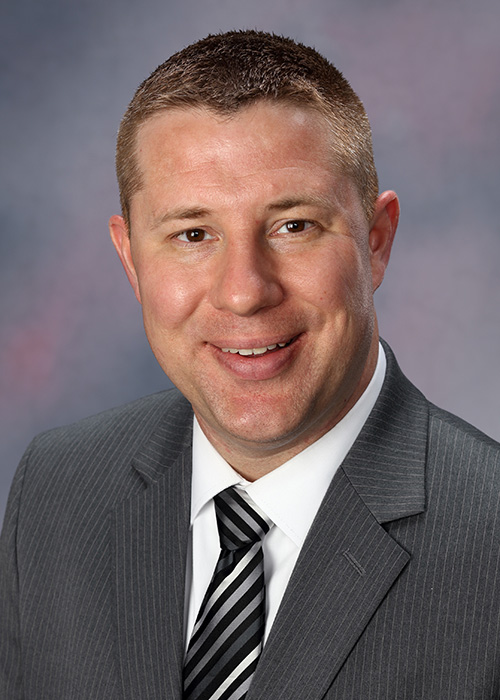Department chair to focus on rural impact in teacher education

08/26/19
HAYS, Kan. – Dr. Chris Jochum, chair of the Department of Teacher Education at Fort Hays State University, was recently appointed to a position on the board of directors for a new organization designed to support and develop clinical practice in teacher preparation.
The National Center for Clinical Practice in Educator Preparation will work jointly with public schools and university teacher preparation programs throughout the United States.
The center was officially launched in June of this year. With the national prominence of the teacher education program at FHSU, Jochum had the opportunity to be a part of an organization that will have an impact on teacher preparation on a local, state and national level.
Jochum’s primary role will be to work with rural clinical practice, including internships and student teaching.
With many rural communities experiencing population decline, schools continue to be the center of the community and there is a high need for educators who are willing to teach and put roots down in rural America.
Growing up, Jochum attended a small school district in rural Nebraska. He said his desire to become a teacher stemmed from the educators and coaches who impacted him while he was growing up.
Jochum hopes to show future educators the “value and benefits” of teaching in these areas to help with the “revitalization and sustainability of rural communities.”
“I think this is a unique trait among our rural communities and schools,” said Jochum. “Teachers are truly an integrated part of the students’ lives, both inside and outside of the classroom.”
With educators in rural communities being so involved, it can mean they are held to higher standards in the classroom and the community at large.
Ensuring a quality student teaching or observation experience is key to keeping young educators in rural Kansas, he said.
“My goal is to strengthen and enhance clinical practice partnerships with rural schools so that we are not only serving these schools and communities but, hopefully, sending them students who will stay there and teach,” said Jochum.